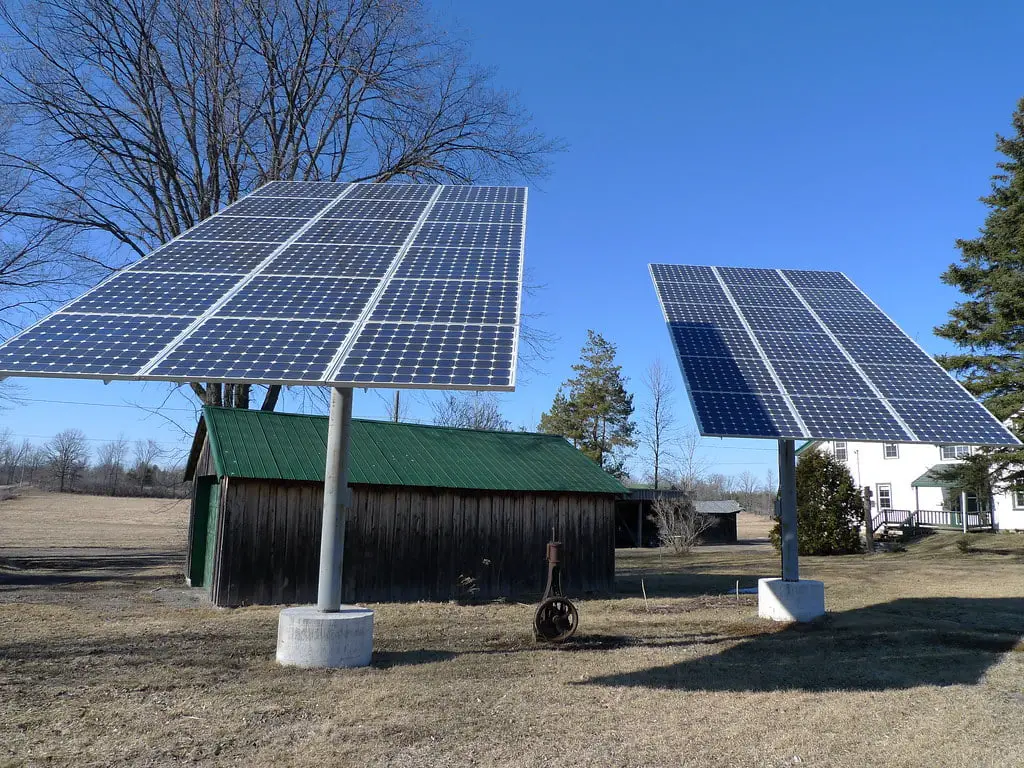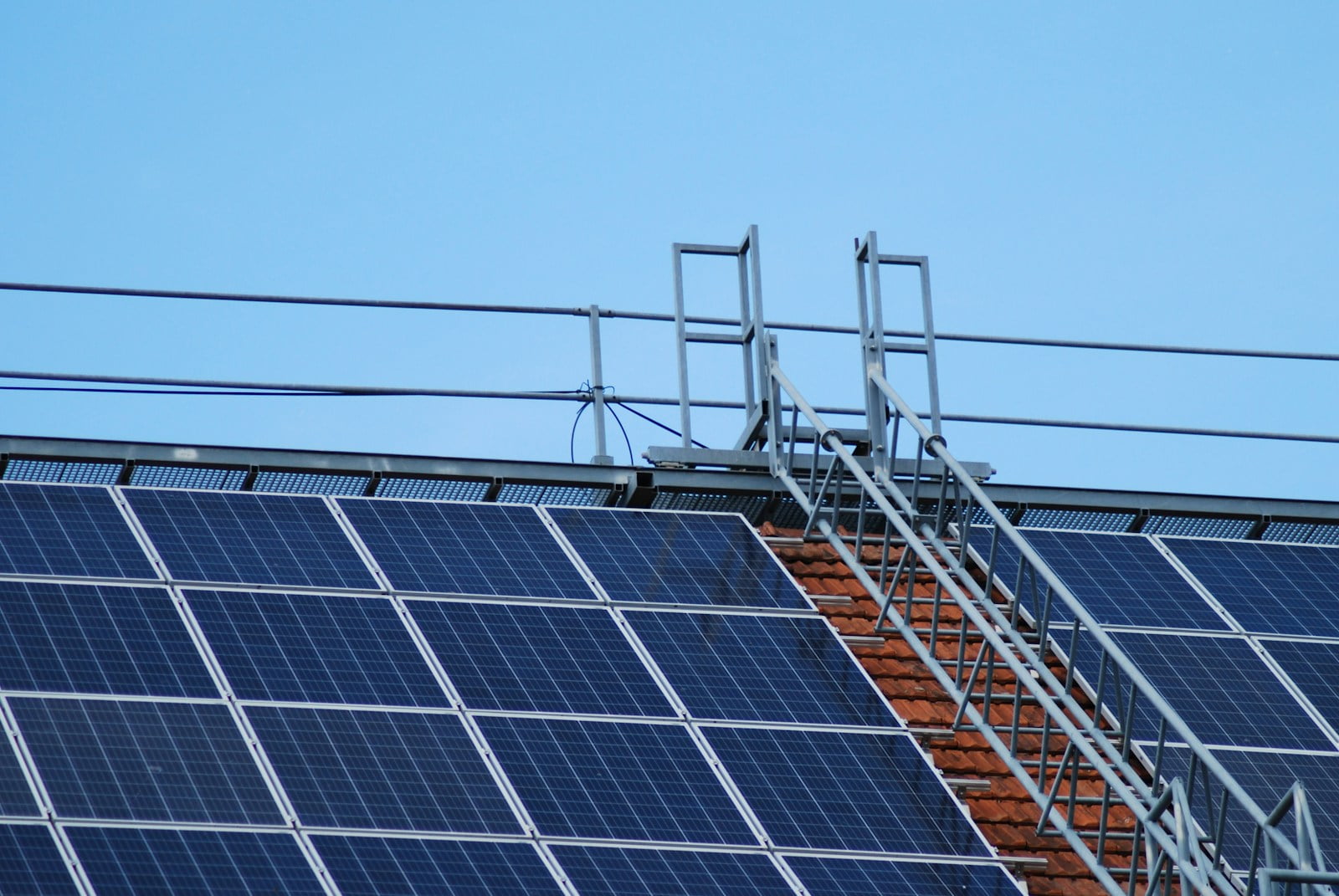Obtaining solar panels for your home or business is a significant investment that can bring numerous benefits, from reducing electricity bills to contributing to a greener environment. However, choosing the right solar panel system requires careful consideration of various factors, including energy needs, property size, budget, and location. It’s crucial to select a reputable solar provider with a proven track record to ensure the quality, efficiency, and safety of your solar panel installation. By understanding your options and making an informed decision, you can harness the power of the sun to meet your energy needs effectively and sustainably.
Key Takeaways:
- Consider your energy needs: Before choosing a solar panel system for your home or business, evaluate your energy needs to determine the right size and type of panels.
- Research different types of solar panels: There are various types of solar panels available in the market, such as monocrystalline, polycrystalline, and thin-film. Research and compare their efficiency, durability, and cost to select the best option.
- Consult with a professional installer: To ensure the optimal performance of your solar panel system, consult with a professional installer who can assess your property, provide expert advice, and install the panels correctly.

Understanding Solar Panel Technology
For those considering investing in solar panels, understanding the technology behind them is crucial. Solar panels are designed to convert sunlight into electricity, providing a renewable energy source for homes and businesses. By harnessing the power of the sun, solar panels offer a sustainable and cost-effective solution for generating electricity.
Types of Solar Panels
When it comes to solar panels, there are primarily two types available: monocrystalline and polycrystalline. Monocrystalline panels are known for their efficiency and sleek design, making them a popular choice for residential installations. Polycrystalline panels, on the other hand, are more affordable and offer a good balance between cost and performance.
- Monocrystalline panels: Highly efficient, sleek design
- Polycrystalline panels: Affordable, good balance between cost and performance
Perceiving the differences between these two types of solar panels can help you make an informed decision based on your energy needs and budget.
Efficiency and Performance
Solar panels vary in terms of efficiency and performance, with factors such as location, orientation, and shading playing a role in how effectively they generate electricity. Higher efficiency panels can produce more power in limited space, making them ideal for properties with limited roof space.

Panel efficiency is a key indicator of how well a solar panel can convert sunlight into electricity. With advancements in technology, solar panels are becoming increasingly efficient, allowing for greater energy production and cost savings over time.
Efficiency
Assessing Your Solar Energy Needs
Obviously, before investing in solar panels for your home or business, it is important to assess your solar energy needs. This involves evaluating your energy consumption patterns and conducting a site assessment to determine the most suitable placement for the panels.
Evaluating Energy Consumption
Energy consumption is a crucial factor to consider when determining the right solar panel system for your property. By analyzing your past energy bills, you can get a good idea of how much electricity you use on a daily, monthly, and yearly basis. This information will help you determine the size of the solar panel system needed to meet your energy requirements and potentially save you money in the long run.
Site Assessment and Panel Placement
Placement of your solar panels plays a significant role in their efficiency and energy production. Conducting a site assessment involves evaluating factors such as the orientation of your roof, shading from nearby trees or buildings, and any obstructions that may affect sunlight exposure. Plus, considering the angle at which the sun hits your property throughout the day can help determine the ideal placement of the panels for maximum energy output.
Selecting the Best Solar Panel System
Now that you’ve made the decision to invest in solar panels for your home or business, it’s time to choose the right system for your needs. With various options available in the market, it’s essential to consider key factors to ensure you select the best solar panel system.
Cost vs. Benefit Analysis
Selecting the most suitable solar panel system involves conducting a cost vs. benefit analysis. While upfront costs may vary, it’s crucial to evaluate the long-term savings and benefits. Consider factors such as energy production, potential savings on utility bills, and available incentives or rebates to determine the overall value of the system.
Additionally, take into account the durability and efficiency of the solar panels. Investing in high-quality panels may require a larger upfront cost but can result in greater energy production and savings over the life of the system. Choosing a system that balances cost-effectiveness with performance is key to maximizing the benefits of solar energy for your home or business.
Warranties and Longevity
Warranties are an essential aspect to consider when selecting a solar panel system. Manufacturers typically offer warranties that cover the panels for a certain period, ensuring protection against any defects or issues. Longevity is also a crucial factor, as you want a system that will provide reliable energy production for years to come.
When evaluating warranties, look for extended coverage options that guarantee performance levels for a specified number of years. A longer warranty period can provide added peace of mind and assurance that your investment is protected. Prioritize solar panel systems with robust warranties and proven longevity to maximize the benefits of going solar.
Installation and Maintenance
Now that you have decided to invest in solar panels for your home or business, it is crucial to consider the installation and ongoing maintenance aspects. Proper installation and regular maintenance are key to ensuring the efficiency and longevity of your solar panel system.
Choosing a Reliable Installer
Reliable installation is essential for the optimal performance of your solar panels. When selecting an installer, make sure to do thorough research. Look for reputable companies with a proven track record of successful installations. Ask for references and check online reviews to ensure you are choosing a reliable and experienced installer.
Another important consideration is to verify that the installer is certified and licensed to perform the installation. This guarantees that the work will be done according to industry standards and safety regulations. By choosing a reliable installer, you can have peace of mind knowing that your solar panels will be installed correctly and efficiently.
Ongoing Maintenance and Upkeep
Upkeep of your solar panels is crucial for maximizing their efficiency and lifespan. Regular maintenance helps identify any issues early on and prevents costly repairs down the line. It is recommended to schedule annual maintenance checks with a professional to ensure that your solar panel system is functioning at its best.
Maintenance may include cleaning the panels, inspecting for any damage, checking the wiring and connections, and ensuring that the system is producing the expected output. By staying proactive with the maintenance of your solar panels, you can extend their lifespan and maximize their energy production for years to come.
Financial Incentives and Benefits
After deciding to invest in solar panels for your home or business, it’s important to consider the financial incentives and benefits that come along with it. Understanding the various ways you can save money and even earn back your initial investment is essential in making the decision to go solar.
Government Grants and Tax Credits
Credits – One of the major financial incentives for installing solar panels is the availability of government grants and tax credits. Many governments offer financial assistance to help offset the cost of solar panel installation. Additionally, there are tax credits available that can significantly reduce the overall cost of going solar. These incentives make solar panels a more affordable and attractive option for homeowners and businesses looking to save on energy bills and reduce their carbon footprint.
Return on Investment Projections
Benefits – When considering the financial benefits of installing solar panels, it’s important to look at the return on investment projections. By analyzing the potential savings on energy bills and the incentives available, you can project how long it will take to recoup your initial investment. Solar panels have a high return on investment, with most systems paying for themselves within a few years. This means that you can start enjoying free energy from the sun while also increasing the value of your property.
Projections – The return on investment projections for solar panels are based on a variety of factors, including your location, energy usage, and the cost of electricity. By working with a reputable solar provider, you can receive a detailed analysis of the potential savings and benefits of going solar. It’s important to consider not just the immediate savings but also the long-term advantages of producing your own clean energy and reducing your reliance on the grid.
Final Words
With this in mind, choosing the right solar panel option for your home or business is a crucial decision that can bring numerous benefits. By considering factors such as efficiency, upfront costs, warranties, and installation requirements, you can make an informed choice that aligns with your energy needs and budget. It’s recommended to consult with solar panel experts to ensure you select the best option that will maximize energy savings and minimize environmental impact. Investing in solar panels is a sustainable and cost-effective way to reduce your carbon footprint while enjoying long-term energy savings. So, take your time to research and compare different options before making a decision that will benefit you and the planet in the long run.
FAQ
Q: What factors should I consider when choosing solar panels for my home or business?
A: When selecting solar panels for your home or business, there are several key factors to consider. These include the efficiency of the panels, the manufacturer’s reputation, the warranty offered, your budget, and the available roof space for installation. It is essential to research and compare different options to ensure you choose the right one for your specific needs.
Q: How do I determine the right size of solar panel system for my property?
A: To determine the correct size of a solar panel system for your home or business, you should first assess your energy needs. Consider your average monthly electricity consumption, the available roof space for installation, and the amount of sunlight your property receives. A professional solar installer can also help you conduct a site assessment to recommend the optimal system size based on your energy requirements.
Q: What are the differences between monocrystalline and polycrystalline solar panels?
A: Monocrystalline solar panels are made from single-crystal silicon, making them more efficient and space-effective. They are usually more expensive but have a higher power output. Polycrystalline solar panels are made from multiple silicon crystals, which results in lower efficiency but a more affordable price point. When choosing between the two, consider your budget and space available for installation to determine the best option for your home or business.







